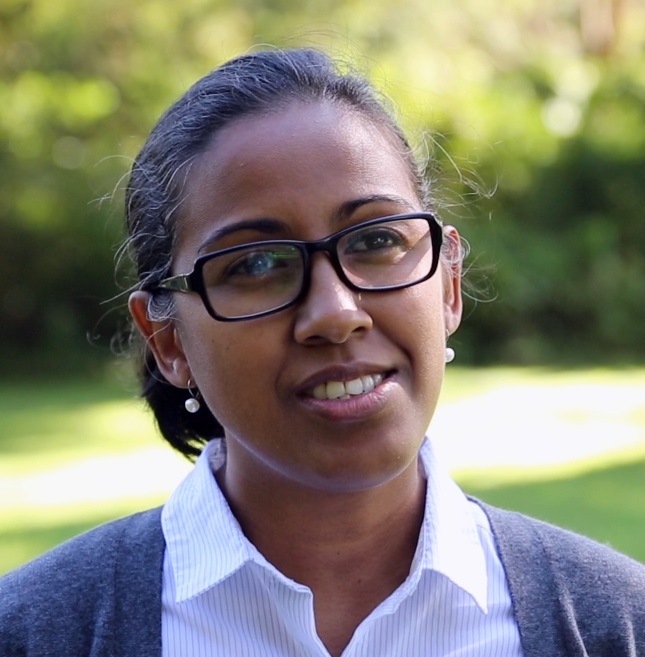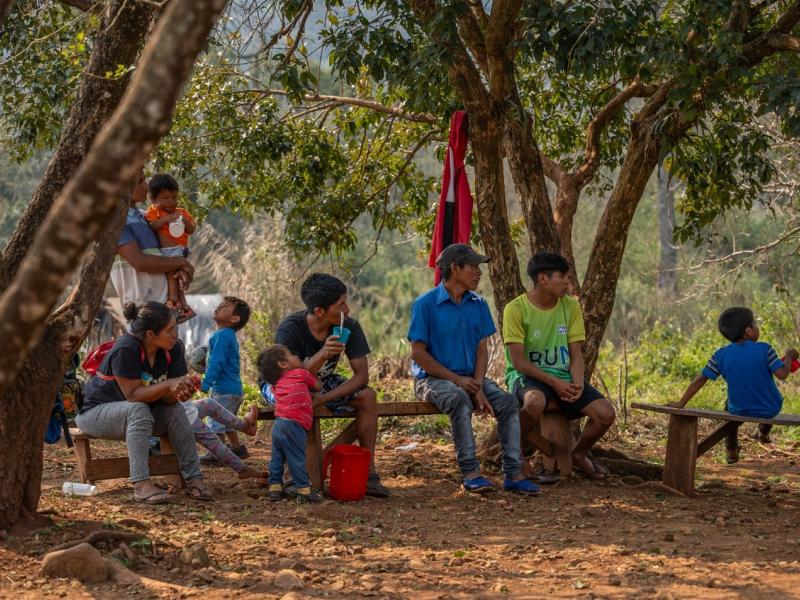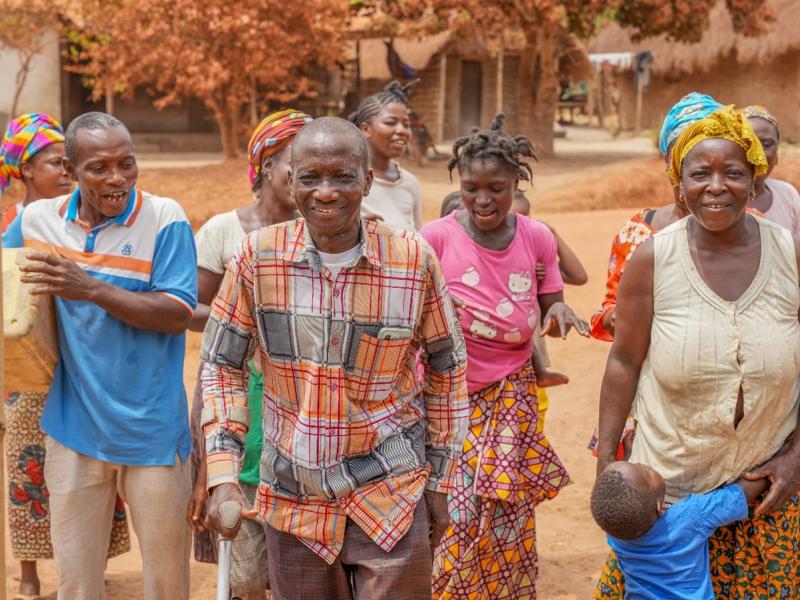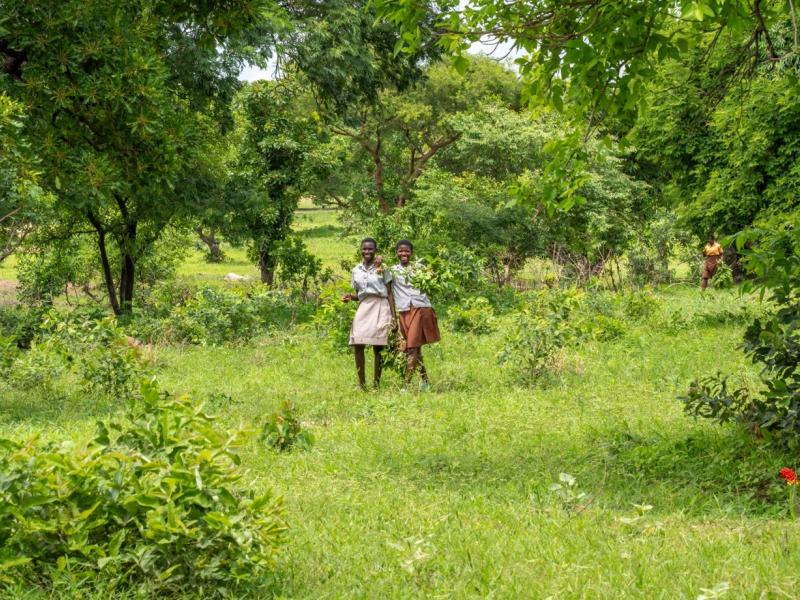© FAO
The Republic of Congo is home to diverse Indigenous Peoples who depend on forests for their livelihoods. The PREFOREST and PROREP projects aim to improve the lives of these communities while protecting the environment. These projects hold significant promise for positively impacting indigenous populations in the Republic of Congo both in the short, medium and long-term.
In the short term, the PREFOREST and PROREP projects, which are supported by the Food and Agriculture Organization of the United Nations (FAO) and funded by the Green Climate Fund (GCF), the Central African Forest Initiative (CAFI) and the Government of Congo, provide immediate economic opportunities for Indigenous Peoples and for local communities. Through capacity-building workshops and training on sustainable agriculture, members learn skills in agroforestry and resource management. This knowledge enables them to generate income while protecting the forest, helping families meet their daily needs and improving overall living standards.
Empowering Indigenous Peoples and local communities is crucial for promoting sustainable forest management and enhancing socio-economic resilience. By collaborating on common goals related to sustainable development, community members can actively shape effective forest management strategies.
In the specific case of Indigenous Peoples, the implementation of the Free, Prior, and Informed Consent (FPIC) process throughout the projects’ activities ensures that indigenous populations are actively involved in decision-making. This contributes to fostering a sense of ownership and agency, strengthening social cohesion.
Furthermore, the projects help ensure that indigenous populations can continue to utilize their traditional lands and resources without degradation. This access is vital for maintaining traditional livelihoods and cultural practices, aligning with the projects’ goals of improving access to natural resources.
As the projects progress, local governance systems will be strengthened. By promoting participatory decision-making, PREFOREST and PROREP will empower communities to take an active role in managing their resources. This involvement allows communities to advocate for their rights and ensure their knowledge and traditions play a crucial role in resource management. As local leaders become better equipped to represent community interests, more effective governance is nurtured.
Additionally, as communities gain skills and knowledge, there is potential for the diversification of livelihoods. The introduction of sustainable practices, such as agroforestry and ecotourism, can create new income streams, reducing dependency on single sources of income and enhancing economic resilience for indigenous families.
The emphasis on traditional ecological knowledge within these projects also supports the preservation of indigenous cultural heritage. As community members engage with their environment through sustainable practices, they reinforce their cultural identity and traditional customs. This cultural preservation is essential for fostering pride and continuity among younger generations.
In the long term, the PREFOREST and PROREP projects can lead to sustainable resource management practices that benefit both the environment and communities. By promoting biodiversity conservation and responsible land use, these initiatives contribute to the health of ecosystems, ensuring that resources remain available for future generations.
Moreover, by fostering resilience through diversified livelihoods and sustainable land management, the projects prepare communities to confront environmental challenges, reducing vulnerability to climate-related shocks. As the positive impacts of the projects become evident, there is potential for greater recognition of indigenous rights at local, national, and international levels.
Successful implementation can serve as a model for other initiatives, encouraging policymakers to prioritize the rights and needs of indigenous populations in development agendas. By promoting sustainable forest management and integrating community participation, the PREFOREST and PROREP projects create positive impacts across various dimensions of indigenous life.
The projects’ activities ensure FPIC fully align with the country’s efforts under other initiatives, such as the UN-REDD Programme, which supports Congo in strengthening forest governance, safeguarding indigenous rights and promoting sustainable land management.
As these projects unfold, their success can serve as a blueprint for integrating Indigenous Peoples’ rights and those of local communities with sustainable development in similar contexts. Ultimately, fostering a more equitable and sustainable future for all stakeholders involved promotes not only environmental health but also the empowerment and recognition of Indigenous Peoples and their vital role in protecting our planet.




